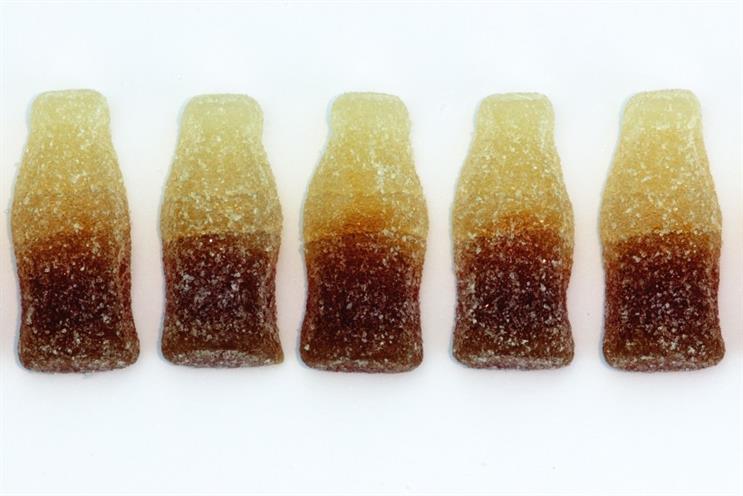
Public Health England has decided to publish the review in the wake of calls from MPs accusing the body of failing to act in the ‘public interest’ by refusing to disclose the findings.
The report, first leaked to before being officially published hours later, sets out a range of tough policies that need to be adopted to reduce the consumption of sugary foods and drinks that are fuelling the obesity crisis and costing the NHS £5.1bn a year.
PHE told Marketing it had not caved into public pressure but had decided now was the right time for the report to be in the public domain.
The report focuses on eight key areas for action, including marketing and advertising, price promotions, nutrients, reformulation, and price increases on certain products.
It explores the effectiveness of implementing a ‘sugar tax’, which is deeply unpopular in the food industry, and restricting advertising of sugary and fatty foods to children – moves that could have wide-ranging implications for brands.
However, the Prime Minister David Cameron ruled out a sugar tax as the report was pubished, despite admitting he had not read it, drawing criticism from some campaigners.
The CEO of PHE Duncan Selbie was hauled before the House of Commons' Health Committee on Monday amid accusations the independent body bowed to political pressure in refusing to publish the detailed evidence review.
The government has been lobbied by both food and drink manufacturers and health campaigners, which accuse government of not taking tough action to stem the tide of obesity related diseases.
The soft drinks industry, made up of leading lights including Coke and Pepsi, is strongly opposed to a tax on sugar and argues for voluntary cross-industry action.
Last week, The Times newspaper published an exposé into links between Coca-Cola and science that refutes evidence that says sugar is unhealthy. The soft drinks giant hit back at the damning article and said it wanted to "be more open".



.jpg)
.jpeg)
